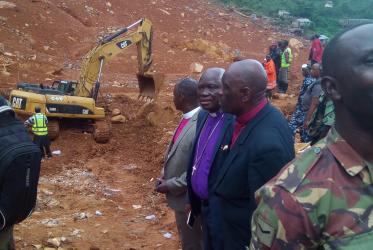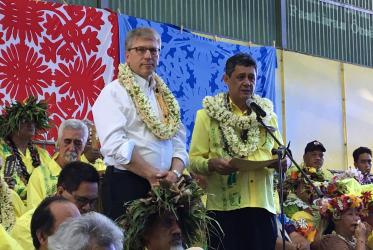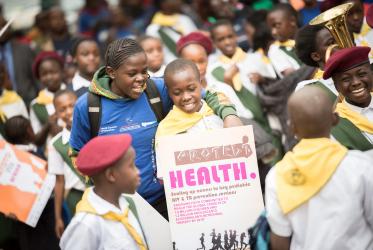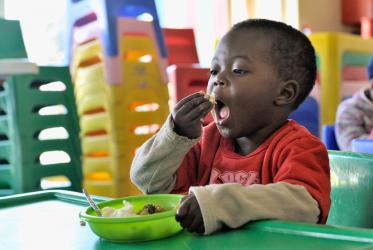Displaying 341 - 360 of 616
Religion meets science in forum at WCC
09 August 2017
WCC general secretary visits the Pacific region
31 July 2017
On World Water Day, we ask: “why waste water?”
22 March 2017
UN discussion focuses on women, HIV and property rights
21 March 2017












